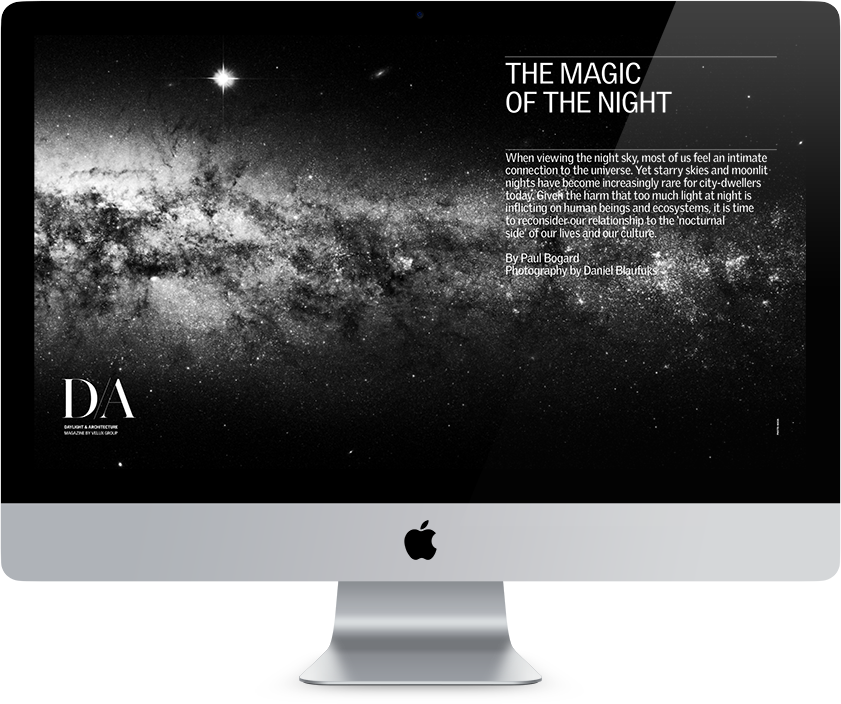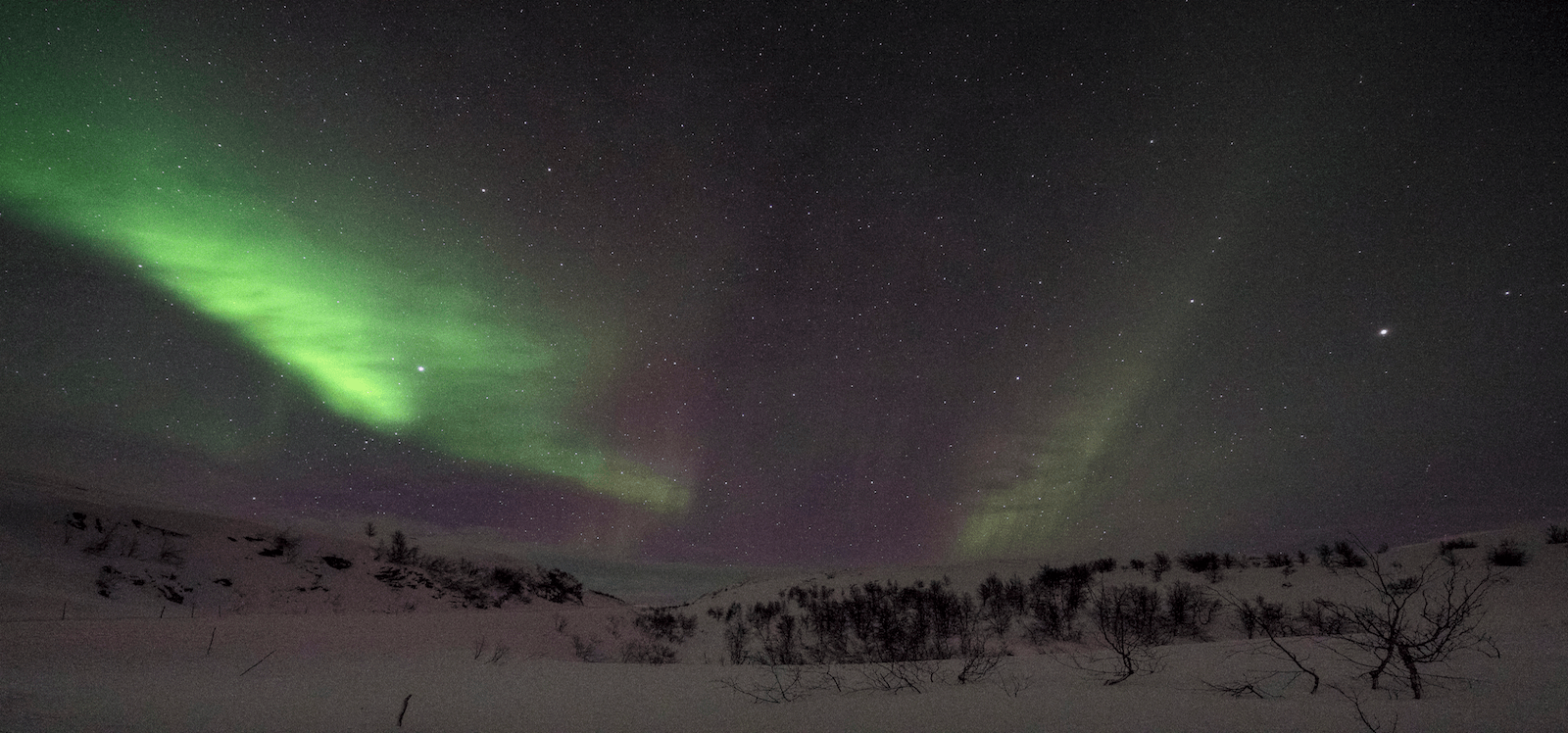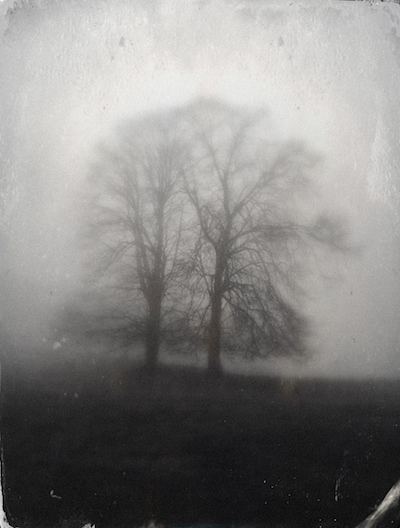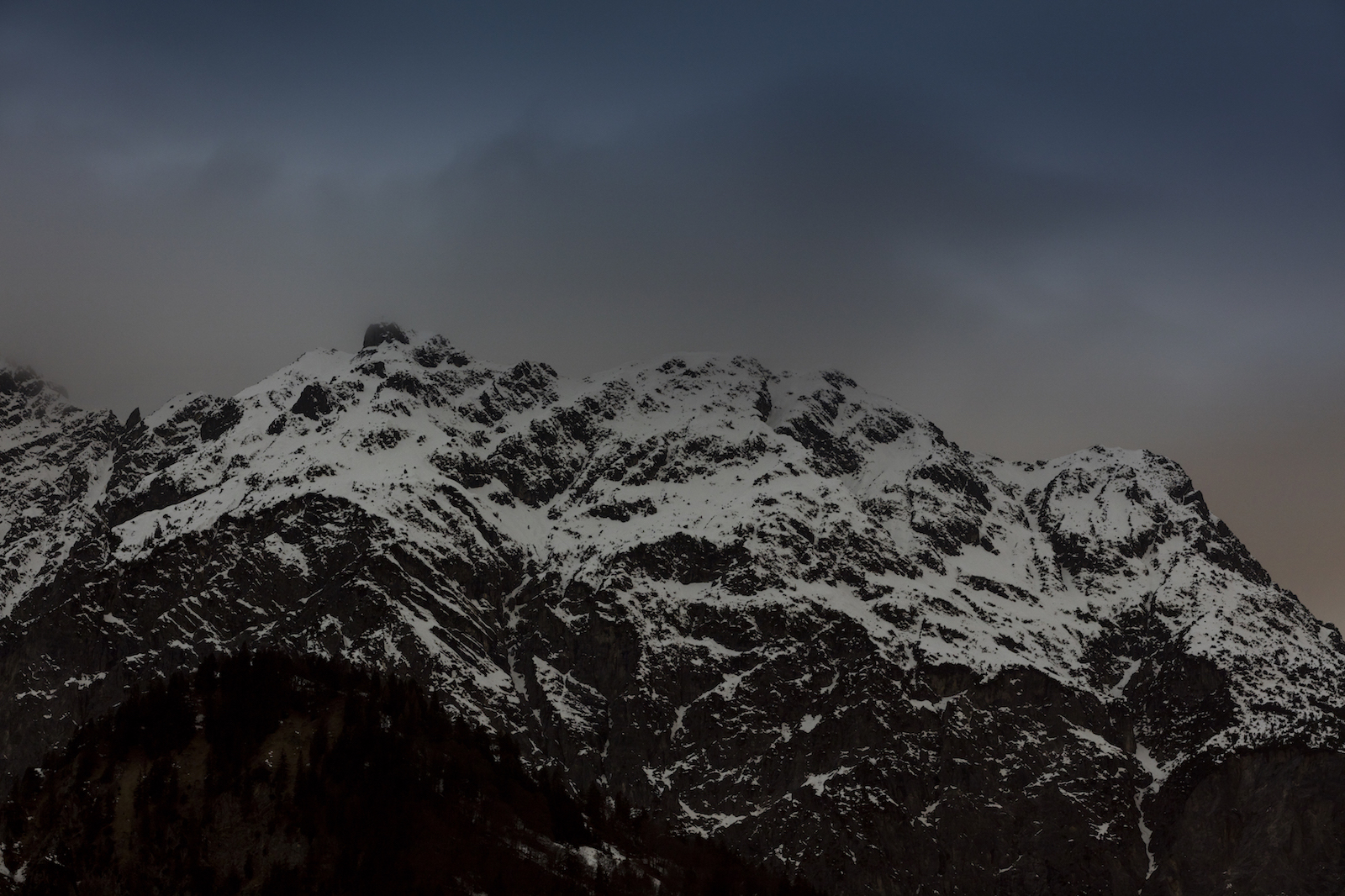When viewing the night sky, most of us feel an intimate connection to the universe. Yet starry skies and moonlit nights have become increasingly rare for city-dwellers today. Given the harm that too much light at night is inflicting on human beings and ecosystems, it is time to reconsider our relationship to the ‘nocturnal side’ of our lives and our culture.
By Paul Bogard, a writer and assistant professor of English at James Madison University in Harrisonburg, Virginia, USA
“If the stars should appear one night in a thousand years, how would men believe and adore; and preserve for many generations the remembrance of the city of God which had been shown!” − Ralph Waldo Emerson (1836)
The sight is almost impossible now for most of us to imagine: the natural lights of the night sky spread shimmering above, the low pulse of a reddish moon setting in the west, stars from one horizon to the other dancing white with shades of orange and blue, and green and gold. It is a sight that for all of human history has inspired painters, writers, musicians, poets, storytellers, philosophers, scientists and dreamers. It is a sight that has forever helped define what it means to be human. And it is a sight that, thanks to light pollution (our overuse and misuse of artificial light at night), we have largely lost.
I have been lucky. I grew up in Minnesota, and my family has a cabin near a lake in the northern part of the state. All my life, for days or weeks at a time, I have visited this cabin and known real, natural night. I mean
In researching my book, The End of the Night, I travelled to places such as the Sahara Desert in Morocco and Death Valley in California, to witness night skies so plush they seemed almost unreal. I am convinced that the natural lights of a starry sky and moonlight remain vitally important to our modern culture. With its ability to awe and amaze, to draw out our instincts to imagine and contemplate, the night with its natural lights is like a faithful friend, always there, awaiting our return, its power to shape our dreams and beliefs and myths as strong as ever − if only we would remember."

.svg)





